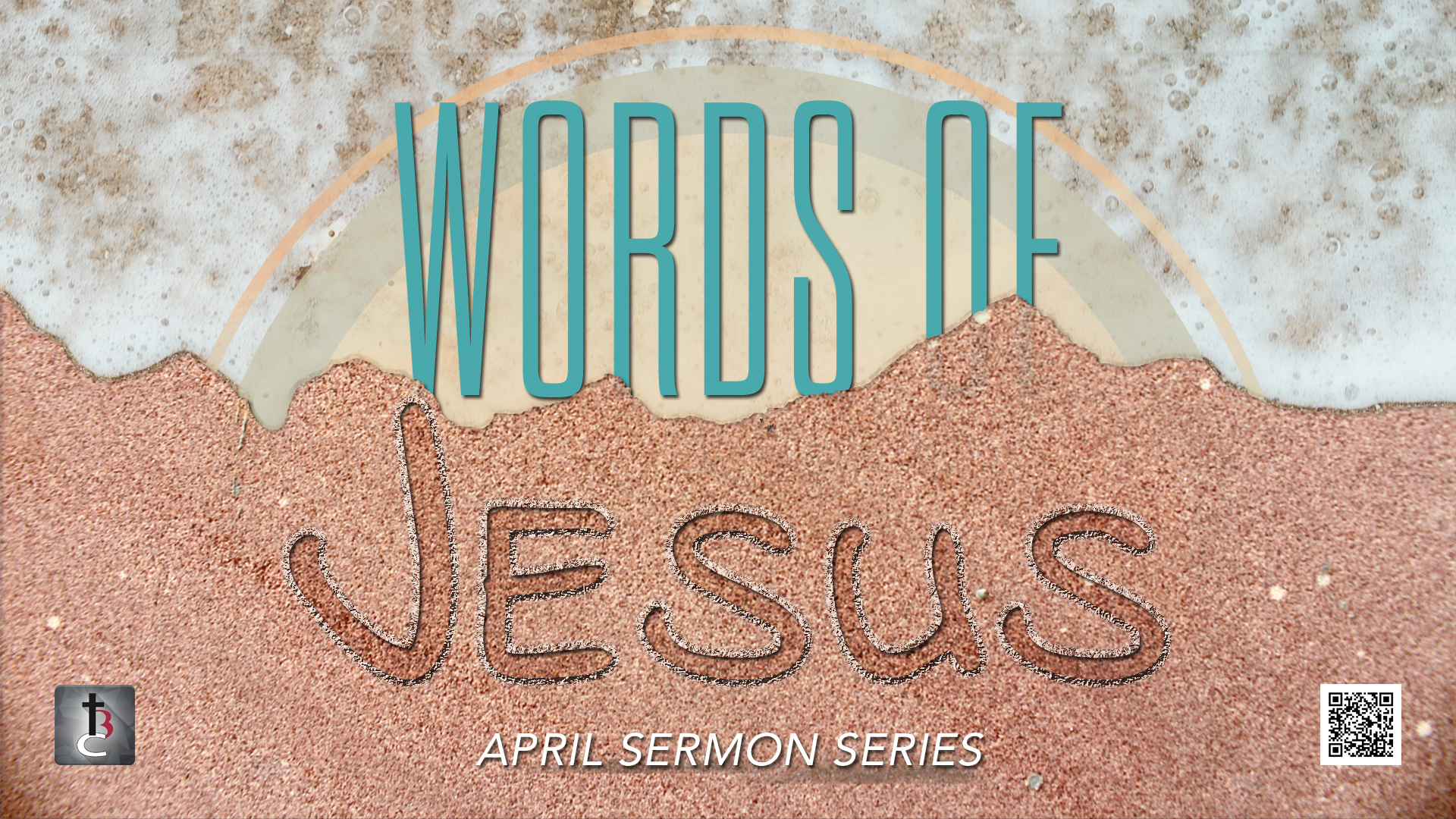John 19:25-37 (NKJV)
In John 19 it tells us the story of Jesus’ beating, interrogation, crucifixion, and burial. Today I want to look at verses 25 through 37, but focus on three specific words in verse 30 and that is “It Is Finished.” Although there are many translations of the Bible that you can read, most of them use the words “It is finished! Today I want to look at is what these words really mean and what they imply to you and me today.
What Jesus said was actually one word in the Greek language and that word is tetelestai. Here it is translated as It is finished. Notice that what Jesus was saying was not I am finished, which would mean that He was done or He had taken all that He could take, but He said, It is finished. The literal translation could be taken as It is accomplished or completed. It meant that He had fully completed what He set out to do or that He had fully completed the task that was given Him. It was also a term used in accounting to mean “Paid In Full.”
The word tetelestai that Jesus used would be the word that we might use after we had paid our last car payment, or when we crossed the finish line at the end of our first 5k race or when we reached the peak of Mt. Everest. It is an expression of the end of a task that has been fully completed. Jesus was saying that He had done all that God had sent Him to do and He had successfully accomplished His mission.
The mission that Jesus had accomplished was to take all the sins of the world on Himself and paid the blood sacrifice for all those sins. The Bible says that the wages or price for sin is death, but the gift of God is eternal life. Jesus had taken all the sins of the world on Himself and had paid in full the price or penalty for all our sins or wrongdoings.
One thing that is very important in the wording and structure of this verse is that it was written in the perfect tense. That’s significant because the perfect tense speaks of an action which has been completed in the past with results continuing into the present. It’s different from the past tense which looks back to an event and says, “This happened.” The perfect tense adds the idea that “This happened and it is still in effect today.”
When Jesus cried out “It is finished,” he meant “It was finished in the past, it is still finished in the present, and it will remain finished in the future.” Jesus was saying that He had paid in full for all our sins of the past, the present and every sin that would be committed in the future.
Let’s look at what that means to us today in light of our sins being paid in full:
- Jesus paid in full for all our sins of the past.
When we think of our sins of the past, many people feel that the damage has already been done and their sins cannot be forgiven. No matter how bad you feel that your past sins are, Jesus has already paid in full for those sins and all you have to do is ask for forgiveness and receive His free gift. - Jesus paid in full for all our sins of the present.
With current sins on your mind, you may be thinking that your sins are too embarrassing to deal with. I want to remind you that Jesus hung naked on the cross as He bore your sins. He took your embarrassment on Himself. You have nothing to worry about. Just receive His free gift. - Jesus paid in full for all our sins of the future.
Many people feel like they can not live up to the life of a Christian. Let me assure you that Jesus has already paid in full for any sin that you will commit in the future. He also assures us that when we are weak, His strength is manifested in us.
Rejoice today, because your sins are Paid In Full! You don’t have to worry about what you think is unforgivable, embarrassing or inevitable, Jesus has paid for it in full. It is finished!
Podcast: Play in new window | Download (Duration: 24:17 — 24.2MB) | Embed




